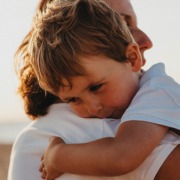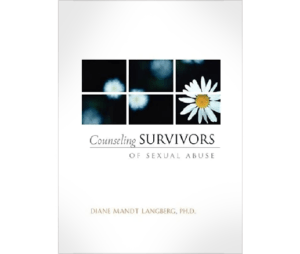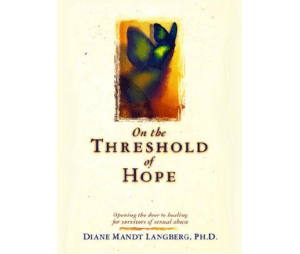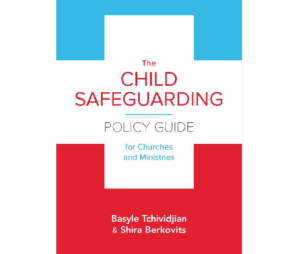 ministry leaders
ministry leaders
INFORMATION FOR LEADING OTHERS
 ministry leaders
ministry leaders
INFORMATION FOR LEADING OTHERS
As a leader in your church, please use the resources on this website to create a safe environment that protects children, prevents abuse, and provides spiritual support for survivors. Take the Standing Up for Children: A Christian Response to Child Abuse and Neglect training to recognize abuse and keep children safe.
We are willing to assist you in finding resources to help you develop policies and a ministry to survivors of abuse. If you have any questions, please contact us.
Although every state requires certain professionals and institutions to report suspected child abuse, the legal requirements vary, especially for pastors. Christian leaders should be aware of what the law requires of them. Since states also change their requirements, information regarding the law in their state needs to be up-to-date.
Pastors, teachers, and congregational leaders should check with district or national leaders to learn about their legal and moral requirements. Even aside from the legal requirement, Christians should consider the need to protect a child who is being abused. For more on that subject, see the article on this page, Pastoral Theology Brief: Matthew 18.
Find a state by state description of laws regarding mandatory reporting.







Children are abused or neglected in many ways. A child may be beaten. A child may be touched sexually or forced to touch sexually another person. A parent or other caretaker may emotionally abuse a child by telling them they are of no value or should have never been born. A child is also maltreated when a parent fails to feed or clothe a child or denies essential medical care. Children are also maltreated when they witness violence between their parents. Although child abuse laws differ from state to state, our website includes a summary of standard definitions developed by the World Health Organization and International Society on Child Abuse and Neglect.
The Centers for Disease Control and Kaiser Permanente queried 17,000 men and women to determine how many endured abuse as children. The population studied was representative of the United States population as a whole. More than one out of four women (28%) and approximately one of six men (16%) said they were sexually abused during childhood. More than one out of four (28%) said they were physically abused as children which the researchers defined as being hit hard enough to receive injuries. More than one out of ten adults said they were emotionally abused (11%) as children. Thirteen percent grew up in homes where their mothers were treated violently. With respect to neglect, 10% were denied the basic necessities of life (food, clothing, shelter, etc.) and 15% were emotionally neglected in that they grew up in homes where their parents or other caretakers never expressed affection to them.
Every ten years, the United States Department of Health conducts a massive study to determine as much information as possible about child abuse in the United States. This research has consistently found that most children are abused or neglected by their biological parents or their non-biological parent or partner. Specifically, the researchers found that 100% of neglected children, 93% of emotionally abused children, 91% of physically abused children, and 60% of sexually abused children have been victimized by their biological or non-biological parents or partners. Others who may abuse children include those who have access to children through day cares, schools, churches and other youth serving organizations.
Most abused or neglected children are violated in multiple ways. Specifically, 66% of children abused in one way are abused in at least two ways and approximately 30% of abused children are maltreated in five or more categories (physical abuse, sexual abuse, emotional abuse, neglect, witnessing violence, etc.).
This is why it is important to pay attention to all possible forms of abuse and, when working with a survivor, to keep in mind the likelihood he or she has been abused in many ways. If you would like to read more about this research, we recommend the following articles:
Heather A. Turner, David Finkelhor, and Richard Omrod, Poly-Victimization in a National Sample of Children and Youth, 38(3) American Journal of Preventive Medicine 323 (2010); David Finkelhor, Richard K. Omrod, Heather A. Turner, Poly-victimization: A Neglected Component in Child Victimization,31 Journal of Child Abuse & Neglect 7 (2007).
In a series of studies of more than 450,000 patients, the Centers for Disease Control and Kaiser Permanente found that physical abuse, sexual abuse, emotional abuse, neglect and other forms of maltreatment are associated with higher risks of numerous medical and mental health conditions including cancer, heart disease, liver disease, depression, anxiety disorders, and sleep disorders. The researchers found that the greater number of categories of abuse a patient endured, the greater the potential impact on their health.
If you or someone you know has experienced child abuse, you may want to acquaint yourself with Adverse Childhood Experience (ACE) research and to discuss this with your doctor, counselor or other professionals.